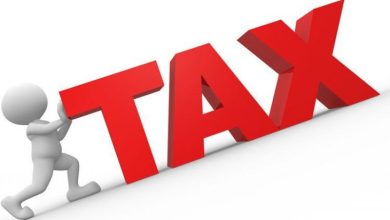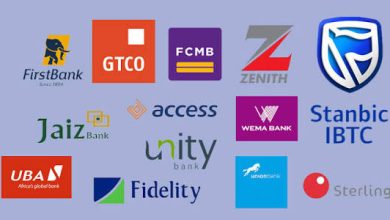Copyright Laws in Nigeria: How Creators Can Protect Their Work
From music licensing to Nollywood piracy, here’s what every creator and business must know about copyright enforcement in Nigeria.

Nigeria’s creative industry is one of the country’s fastest-growing sectors, projected to be valued at nearly $14.8 billion by 2025. From Afrobeats to Nollywood films, the world is paying attention. But here’s the catch: weak copyright laws in Nigeria (and even weaker enforcement) threaten this growth.
Think about it, piracy alone costs the economy about $1 billion every year, and UNESCO estimates that 50–70% of Nollywood’s revenue disappears because of illegal copying. That’s money that should be going into the pockets of artists, producers, and other creatives.
So, what exactly do creators and businesses need to know about copyright protection in Nigeria? Let’s break it down.
The Legal Framework & Key Agencies
Nigeria isn’t without laws, far from it. Here are the major pillars of copyright protection:
-
Copyright Act (2022): This updated law gives creators exclusive rights over reproduction, distribution, and public performance. It also directly addresses digital issues like DRM and online infringement.
-
Nigerian Copyright Commission (NCC): The watchdog for copyright. They work with law enforcement to shut down pirate websites and arrest offenders.
-
COSON & MCSN: The two main music licensing bodies. They issue performance licenses and share royalties with artists. Sadly, their rivalry sometimes confuses users who just want to stay compliant.
-
NOTAP: Regulates foreign licensing deals for music, film, or technology. They also control how royalties are paid to foreign licensors.
-
NFVCB (National Film & Video Censors Board): Approves films before they can be shown publicly.
-
NBC & CAC: The National Broadcasting Commission regulates TV/radio (including internet channels), while the Corporate Affairs Commission ensures entertainment companies are properly registered.
Music & Streaming: The Licensing Maze
Every piece of music in Nigeria is automatically protected by copyright the moment it’s created. Playing or streaming it in public? You need a license.
Streaming giants like Spotify and Apple Music usually handle licensing properly, but many older or independent tracks are floating online without clearance. Performance royalties are supposed to be collected by COSON and MCSN, but enforcement on the ground is patchy, leaving many musicians underpaid.
Nollywood & Film Piracy
Nollywood is the second-largest film industry in the world by volume, but piracy is eating it alive. Imagine spending millions to produce a film, only for bootleg DVDs and illegal streaming sites to wipe out your profits.
Legally, every film should be cleared by NFVCB, and international films need additional approvals via distributors and NOTAP. In reality, many theatres and websites bypass these rules. Even though the 2022 Copyright Act explicitly recognizes films as audiovisual works, enforcement is still weak.
On the bright side, legal streaming platforms like Netflix and Showmax are investing in Nollywood, ensuring that producers and actors actually get paid when viewers stream content legally.
The Challenges Facing Copyright Laws in Nigeria
Even with new legislation, there are still huge gaps:
-
Piracy: From DVDs to unlicensed streaming, it remains rampant.
-
Complex Licensing: Multiple licenses make compliance expensive and confusing.
-
Weak Enforcement: Fines have historically been too low to scare pirates.
-
Awareness Gaps: Many businesses don’t know the rules. Clubs play music without proper licenses; indie producers skip registration altogether.
-
Digital Confusion: Viral TikTok videos, memes, and remixes raise new copyright questions regulators haven’t fully answered.
Rising Solutions & New Trends
It’s not all bad news. There are promising steps forward:
-
Stricter Laws: The 2022 Act has harsher penalties and clearer digital rules. NCC and ISPs are working together to curb online piracy.
-
Technology: DRM, watermarking, and even blockchain are being tested to protect intellectual property.
-
Legit Streaming Growth: As more audiences turn to Netflix, Boomplay, and Spotify, royalties are beginning to flow back to creators.
-
Education: NCC is building “Copyright and Creativity Clubs” in schools, teaching the next generation about respecting IP.
-
Cooperation: Film producers, music bodies, and telecoms are collaborating to filter pirated content and promote fair practices.
Final Thoughts
The truth is simple: Copyright laws in Nigeria are improving, but enforcement still has a long way to go. Creators can protect themselves by registering their work, joining collecting societies, and using formal licenses. Businesses must also do their part by respecting intellectual property and paying for legitimate rights.
With stronger enforcement, better technology, and collective responsibility, Nigeria’s creative industry can finally capture its true value, and creators will reap the rewards they deserve.




